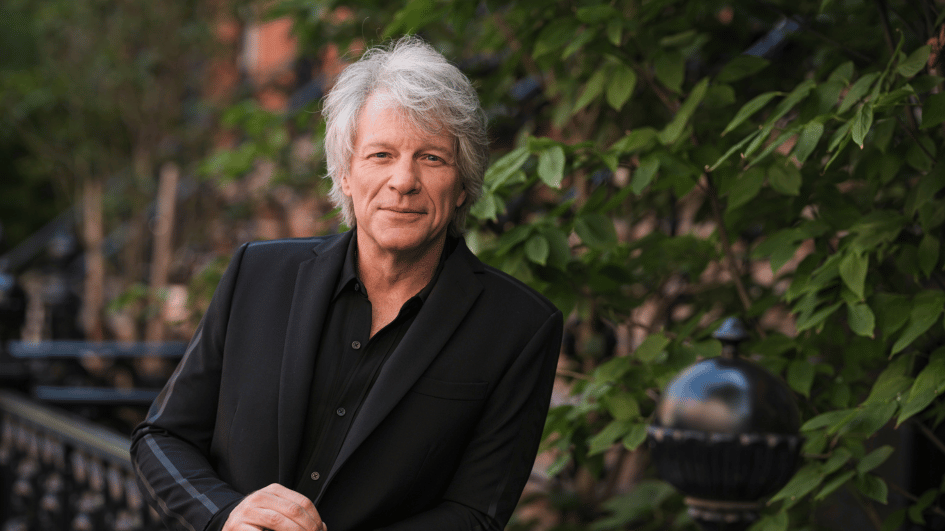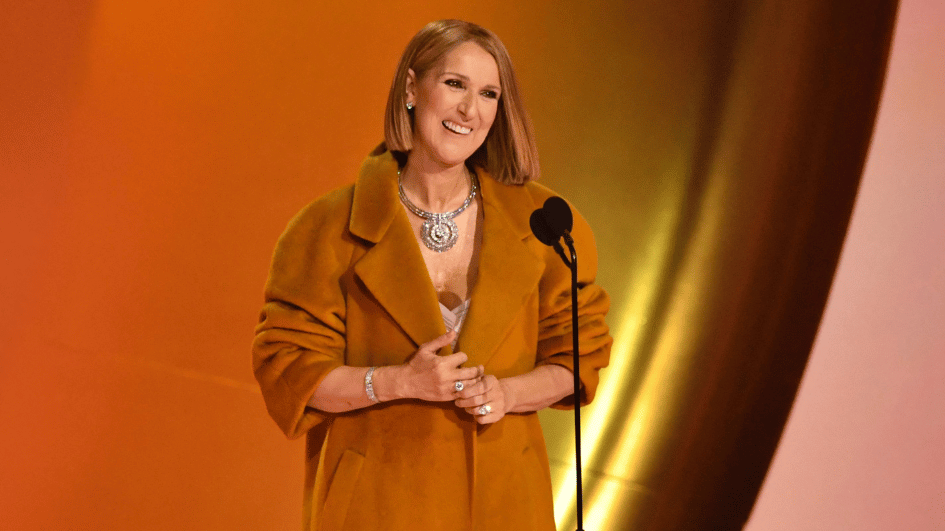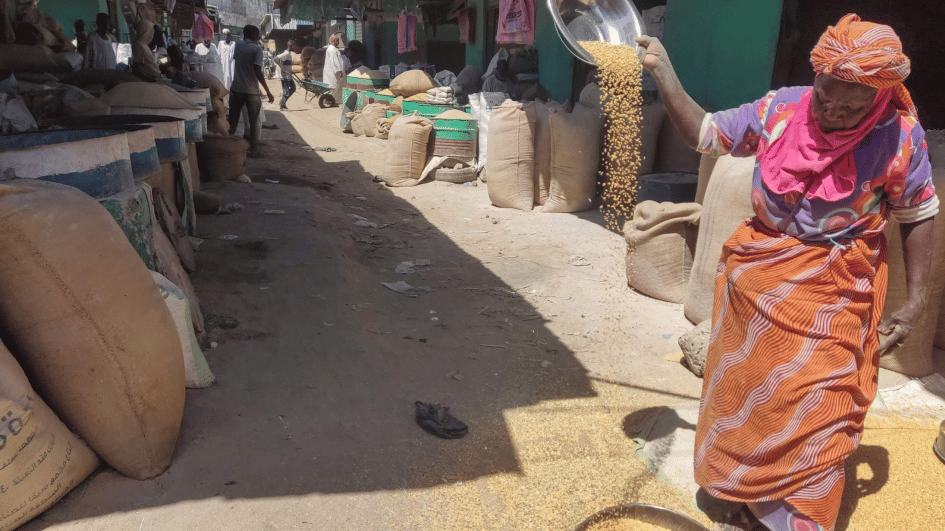Britain hosts Ebola talks on S. Leone without president
LONDON - Agence France-Presse

A World Health Organization (WHO) health worker teaches trainee health workers how to put on a protective suit in Freetown September 30, 2014. REUTERS Photo
Britain hosted an international conference on Thursday to help organise the fight against Ebola in its former colony Sierra Leone, as a charity warned that five people were becoming infected every hour in the West African nation.President Ernest Bai Koroma was due to attend the meeting, involving ministers, diplomats and health officials from around 20 different countries and world organisations, but his plane broke down before leaving Sierra Leone.
The Save the Children charity urged international action to combat a "terrifying" rate of infection in the country, which with Liberia and Guinea has been the centre of an unprecedented outbreak of Ebola since the start of the year.
"The scale of the Ebola epidemic is devastating and growing every day, with five people infected every hour in Sierra Leone last week," said chief executive Justin Forsyth.
"We need a coordinated international response that ensures treatment centres are built and staffed immediately."
Britain has provided 143 new treatment beds so far and promised almost 600 more in the coming months, while it is also piloting a way of providing basic care in the community that could eventually reach 10,000 people.
But Save the Children said this was not enough and urged other countries to join the fight, warning that the infection rate could rise to 10 people an hour by the end of the month.
The World Health Organisation estimates that more than 2,300 people have been infected and 622 have died from Ebola in Sierra Leone, out of a global toll of more than 7,000 infected and more than 3,300 killed.
Britain organised Thursday's half-day conference to raise awareness of the outbreak, share best practice and secure pledges of financial support or promises of medical staff.
Officials warn the country is at a "tipping point", with a current rate of infection at 1.7, meaning that for every 10 people with Ebola, another 17 people become infected.
But the conference got off to a bad start when the plane due to deliver the guest of honour to London broke down.
"Unfortunately the president of Sierra Leone is now unable to take part in the Defeating Ebola Conference," a Foreign Office spokesman told AFP.
"The chartered plane he was scheduled to fly on experienced significant technical difficulties prior to take off."
The Liberian and Guinean ambassadors were due to attend the conference as well as the Ghanaian deputy foreign minister and representatives from Nigeria, the United States, Canada, Cuba, Japan, Australia, New Zealand and many EU nations.
Britain has pledged 125 million ($200 million, 160 million euros) to help the Ebola fight in Sierra Leone, but before the outbreak it had planned to cut aid to the country, according to a new parliamentary report.
The international development committee said the 2014-15 budget for Sierra Leone and Libera would have seen bilateral funding cut by 18.6 percent on the previous year.
"The scale of the Ebola crisis now unfolding in Sierra Leone and Liberia may well be connected to declining levels of international support for health system improvements in what remain two of the poorest and least developed countries in the world," said committee chairman Malcolm Bruce.
A spokesman for Britain's development ministry said the report was "out of date", noting the planned reduction in funding had been overtaken by events.
Britain has promised 5 million to support NGOs fighting Ebola in Sierra Leone, 20 million to improve public health services, and 100 million to deliver a wider "action plan".
This plan includes providing treatment but also training international health workers and setting up a central command to organise the response against Ebola, staffed by military, humanitarian and health experts.
















